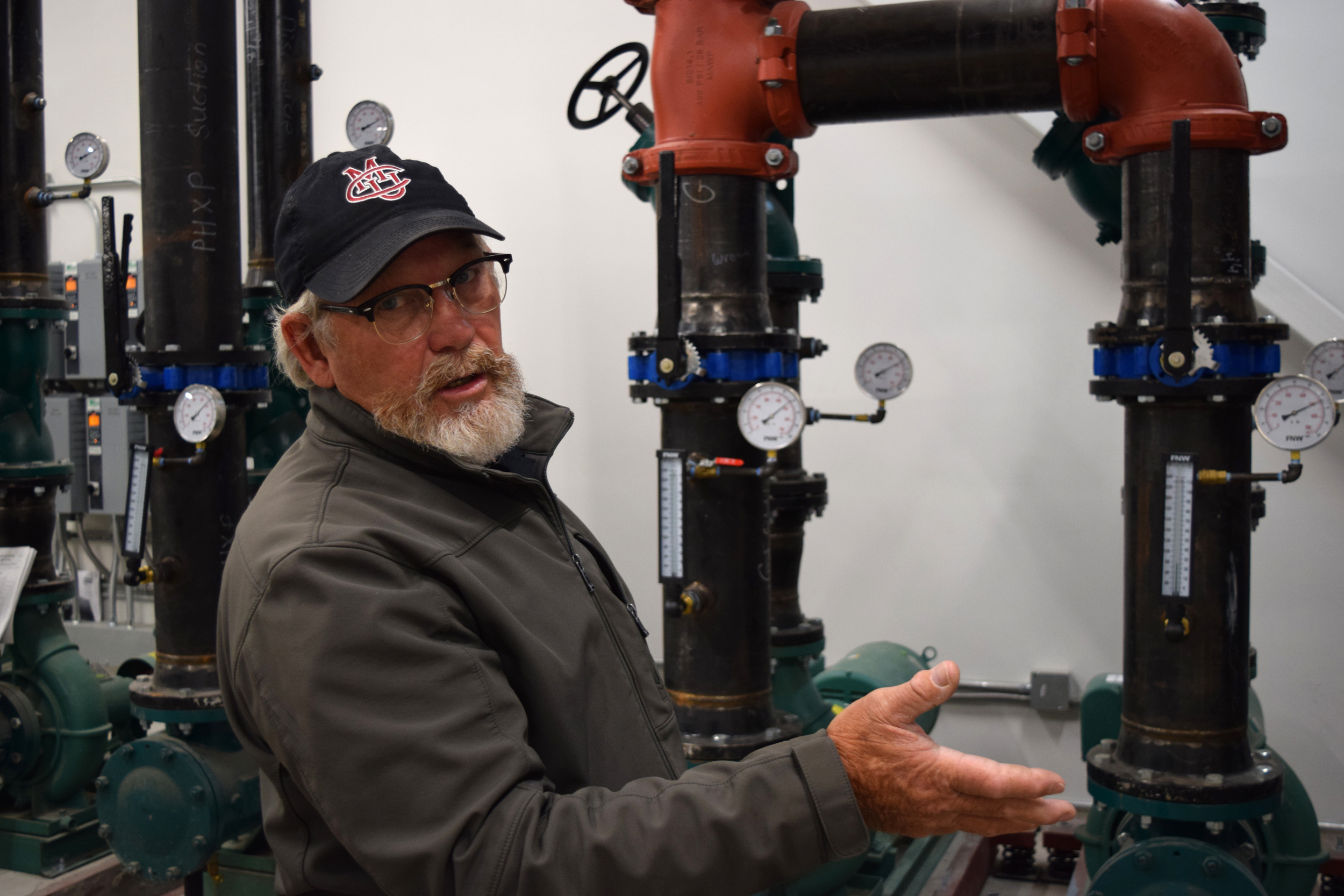A collaboration between the University of Glasgow and Jiva Materials has demonstrated biodegradable “Soluboards” capable of operating at GHz frequencies. The advance holds forth the promise that eco-friendly materials could replace conventional, non-recyclable PCBs in wireless devices.
PCBs account for up to 40% of the world’s waste electrical and electronic equipment. Conventional PCBs, which use flame-retardant composites or ceramics, are impossible to recycle and are sent to landfill.
More advanced circuits often contain ‘forever chemicals’ like PFAS, which cause harm to the environment, humans and animals when they leach into groundwater.
To help tackle the issue, Jiva Materials has developed Soluboard, a biodegradable circuit board, according to the group, made from natural fibres such as jute and flax, coated with a water-soluble resin.
At the end of their lifespan, the boards can be degraded in hot water, while their copper tracks and integrated circuit chips delaminate and can be subsequently recycled.
Researchers from the University’s James Watt School of Engineering are working with JIVA Materials to unlock the full potential of the Soluboards for use in high-speed electronics operating at GHz frequencies.
In the future, the approach might allow PCBs to enable sustainable wireless devices for use in Internet of Things sensors and consumer electronic devices.
In a new white paper published on the University’s website, the partners demonstrate how Soluboards can be used for radio frequency applications. They show that the PCBs can transmit signals at frequencies exceeding 4 GHz, which covers common wireless applications such as Wi-Fi, Bluetooth, and RFID.
The paper also shows how Soluboards can support high-speed signals exceeding 3 gigabits per second without any distortion, a range which could allow mainstream consumer electronics with interfaces such as HDMI and USB.
Dr Mahmoud Wagih, Reader at the University of Glasgow’s James Watt School of Engineering, is the project’s lead. He said: “We’re pleased to be working with Jiva Materials on this project, which could have a major impact on reducing the carbon footprint of the electronics industry. Moving towards more sustainable, recyclable electronics is vitally important to help reduce the impact of our technology sector, particularly with the rise of single-use devices across the industry.
“Working with natural and plant-based circuit materials is inherently challenging, particularly in wireless applications for RF and microwave applications. Together with our partners at JIVA Materials, we are developing new designs which improve the circuits’ efficiency, accelerating the adoption of green PCBs.
“The way forward is to co-design the materials with the specifications for meeting the wireless RF specifications, coming up with antenna and radio designs which meet the size and performance requirements of end users, particularly in consumer applications.”
Stephen Driver, Jiva Materials’ Chief Executive Officer, said: “At Jiva we are committed to making both consumer and industrial PCBs more sustainable. PCBs are a critical component for all electronics and are the silent and invisible polluter. The complex demands on what appears to be a simple component are challenging, and changing the resin’s reinforcement materials to biodegradable alternatives requires extensive testing and analysis.
“We are delighted to be working with the team at the University of Glasgow. Their support and feedback is invaluable, and the continued association will drive the changes needed to achieve higher electrical performance without compromising the environmental credentials.”
The research is part of a broader activity at the University of Glasgow-led Responsible Electronics and Circular Technology Centre (REACT). Backed by more than £6m from UKRI, the Centre is one of five Green Economy Centres which are seeking to find new ways to make industries more sustainable. The Centre’s researchers are investigating complementary technologies such as scalable waste electrical and electronic equipment processing and recycling.
The collaboration is supported through the EPSRC Project “EDIBLES” and the Impact Acceleration Account (IAA), and the UKRI Responsible Electronic And Circular Technologies (REACT) Centre [UKRI240].
















